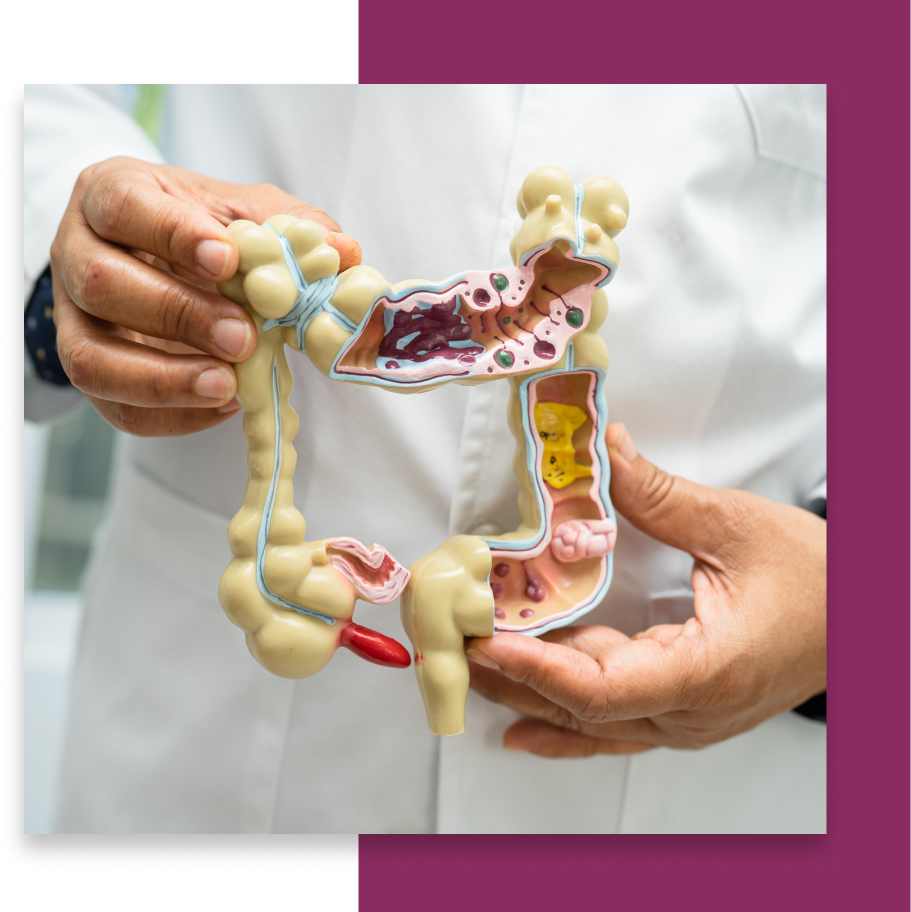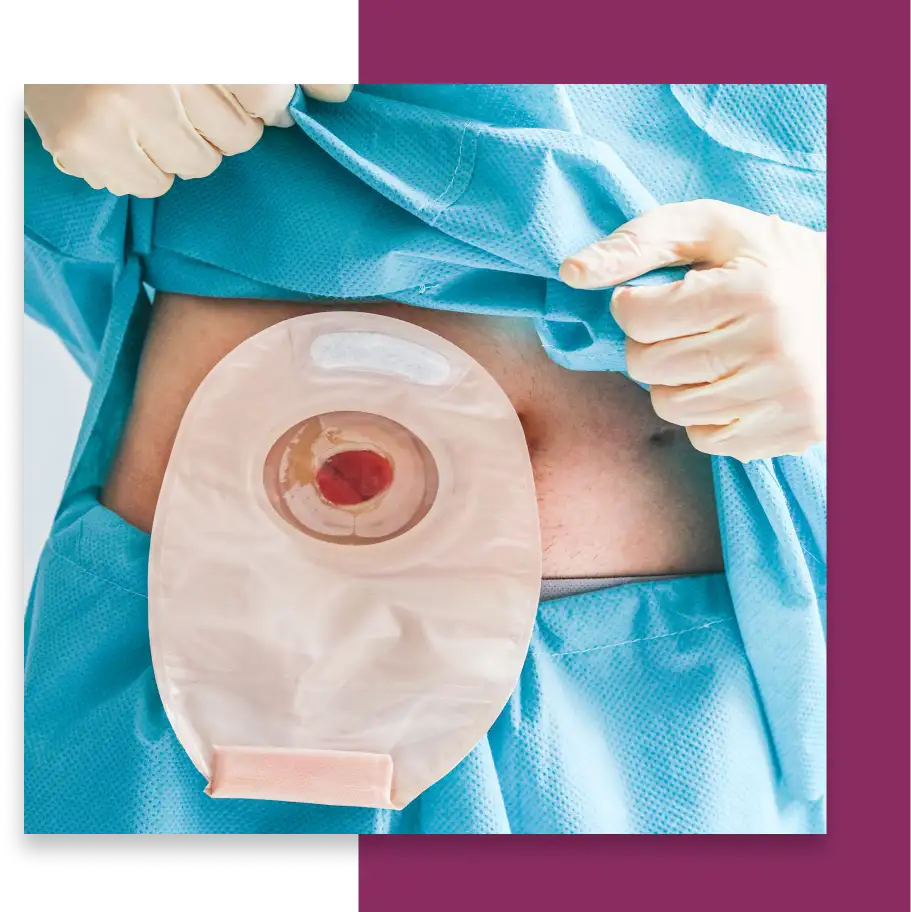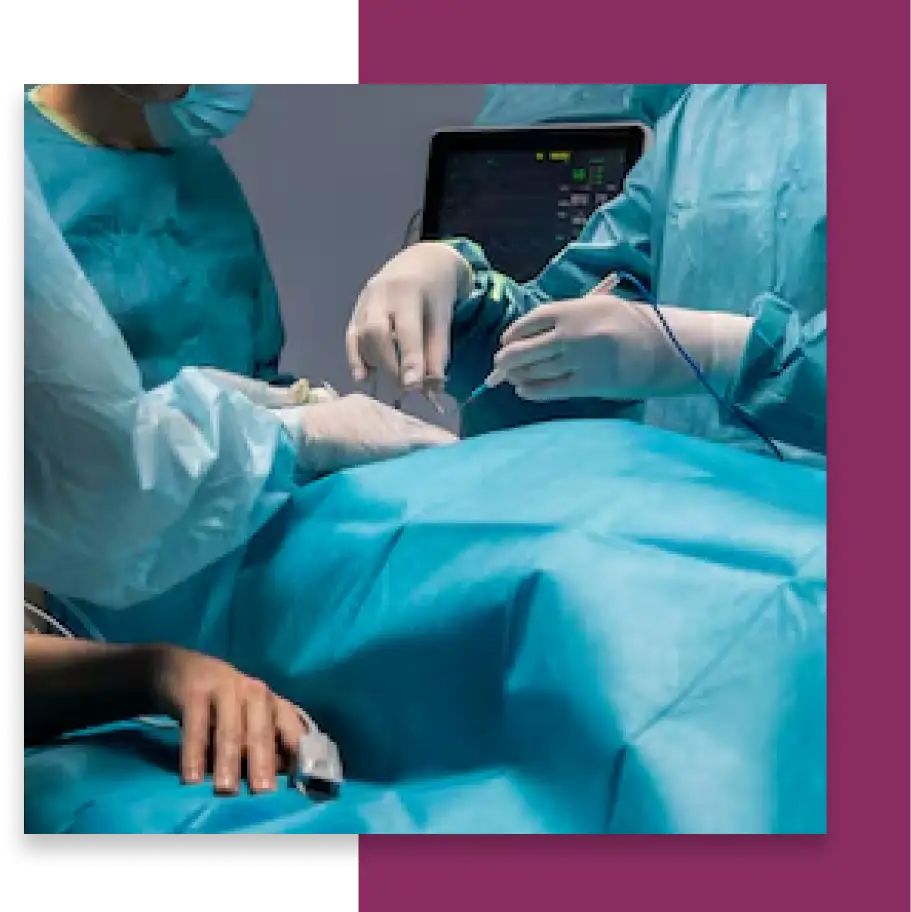Anorectal Cancer
Dr. Mukti Mukherjee
[12+ Years Experience]
Radiation Oncologist In Kolkata
Anorectal Cancer Doctor in Kolkata
Reach out: Your path to quality care starts here
58, Canal Circular Rd, Kadapara, Phool Bagan, Kakurgachi,
Kolkata – 700054
Let’s Talk to Us
Symptoms
If anorectal cancer is developing in your body, you may experience mild to severe symptoms, such as:
Bleeding from anus/rectum or blood in stool

Causes

Human papillomavirus (HPV) infection

Weakened immune system, Such as in people with HIV/AIDS

Smoking increases the risk of many cancers, including anal cancer

History of certain sexually transmitted infections (STIs)

Chronic inflammatory conditions (Ulcerative colitis and Crohn’s disease)

People over 50 years


Smoking and alcohol consumption
Evaluation
Oncologists may perform some medical steps to diagnose anal cancer development and spread, including:

Stages
Anal and rectal cancers are staged to diagnose the spread of the disease. Staging helps doctors plan the most effective treatment. The stages range from 0 (carcinoma in situ) to 4, with stage 4 indicating that the cancer has spread to distant body parts.
Management

Why Choose Expert Care?
Frequently Asked Questions
Can anorectal cancer be cured completely?
Yes, early-stage anorectal cancer can often be cured with surgery, radiation, or combined therapies, depending on the diagnosis. Talk to your doctor for early diagnosis and medical interventions.
Who is most at risk of anal cancer?
Individuals with HPV, weakened immune systems, and those over 50 have higher exposure to anal cancer.
